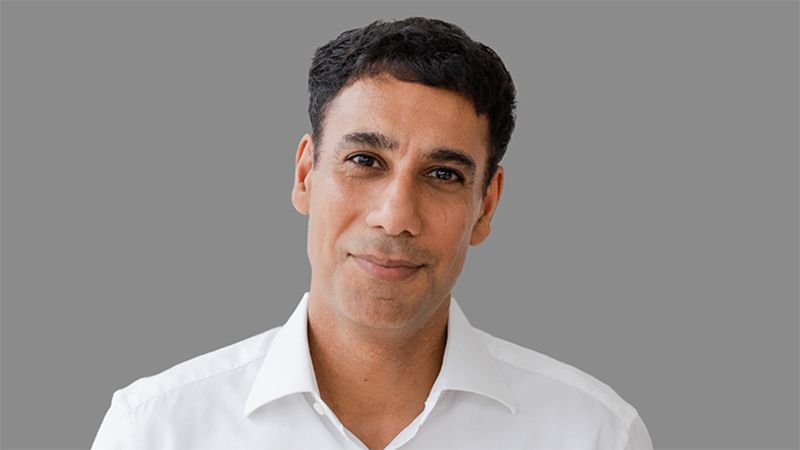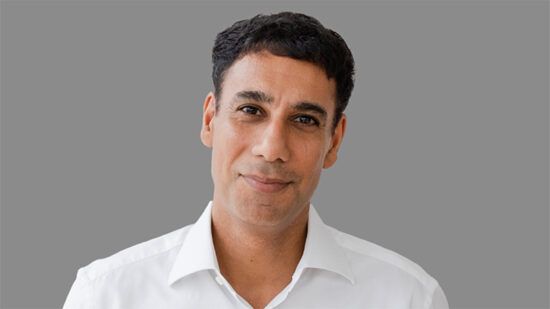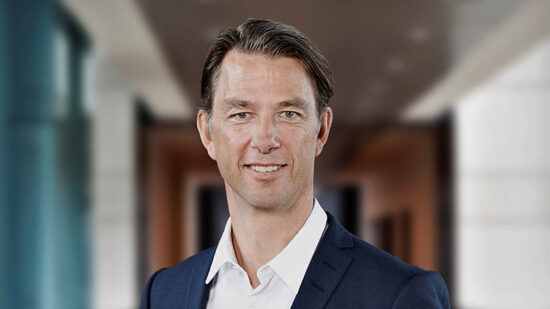The Financial Reporting Council (FRC) must be “open to change” and accept the cultural shift in stewardship efforts in its consultation of a revision of the code, according to a panel at the at the Investment Association (IA)’s Stewardship & Corporate Governance forum last week.
Moderated by Andrew Ninian, director of stewardship risk and tax at the IA, the panel titled What is effective stewardship in 2025? explored the ongoing debates around what stewardship can achieve are realistic, as well as the FRC current consultation into the UK Stewardship Code; last year, the FRC announced a review of the code “to ensure that the principles of the Code are still driving the right stewardship outcomes for investors”.
It addressed several concerns that have been raised about the Code including the complexity and burden of reporting requirements for signatories – particularly around the need for detailed “context” reporting – and the lack of transparency regarding the influence proxy advisors have on voting decisions. In November, it launched its consultation on significant updates to the Code, focusing on supporting economic growth and investment and delivering increased transparency, and looking to streamline reporting requirements and reduce burdens for signatories
See more: Turning the page on the UK Stewardship Code
Ninian asked the panellists their views on the proposed changes to the Code and if it still sets an international ‘gold standard’. Specifically, he pressed speakers to share their thoughts on whether the Code will support this new cultural shift in approaches to stewardship and if it “goes too far or not far enough”.
The panellists included:
- Paras Anand (pictured), chief investment officer at Artemis Funds
- Diandra Soobiah, director of responsible investment at Nest Pensions
- Sir Jon Symonds CBE, non-executive Chair of GSK
- Paul Lee, head of stewardship and sustainable investment strategy at Redington
Firstly, Lee explained how his firm used the Code with 50 fund managers and why it is a good foundation to measure performance: “The Stewardship Code was a very strong safety net. We had trust and confidence that these fund managers were doing great work, so it formed a good basis for standard leadership.
“We set out our expectations and reporting requirements that we understand. There are so many different reports to do, and we don’t want to introduce more differentiation into that process. The Stewardship Code report was enough to give us a good indication of what they’re doing and what outcomes they are achieving.”
However, Anand said the industry was asking “too much” from the Code, and the industry must “be prepared to revise and revisit regulation”.
He continued: “We need to get in the habit of holding the mirror up. After regulations came into force, the board was open about whether it is achieving the outcomes it set out, or whether there’s a set of unintended consequences that means it cannot achieve these outcomes.
“There has to be a point where regulatory boards say maybe that can be reframed or pulled back. There must be a willingness to stop doing certain things, versus saying, ‘I’m going to solve the weaknesses of this piece of regulation with another piece of regulation.’ If you look at other economies around the world, they seem more prepared to revise and revisit regulation.”
Finally, Sir Jon Symonds CBE said risk must always be considered when creating outcomes from stewardship efforts: “At the heart of the conversation is that we must accept risk into the conversation. Every time something goes wrong, the FRC don’t say ‘Well, this is a consequence of adjustments to the Code.’ It is down to the regulation.
“We have to think more holistically about what doesn’t happen and how to create outcomes, because by definition to create your desired outcome, you must accept there is something else that isn’t too good.”








